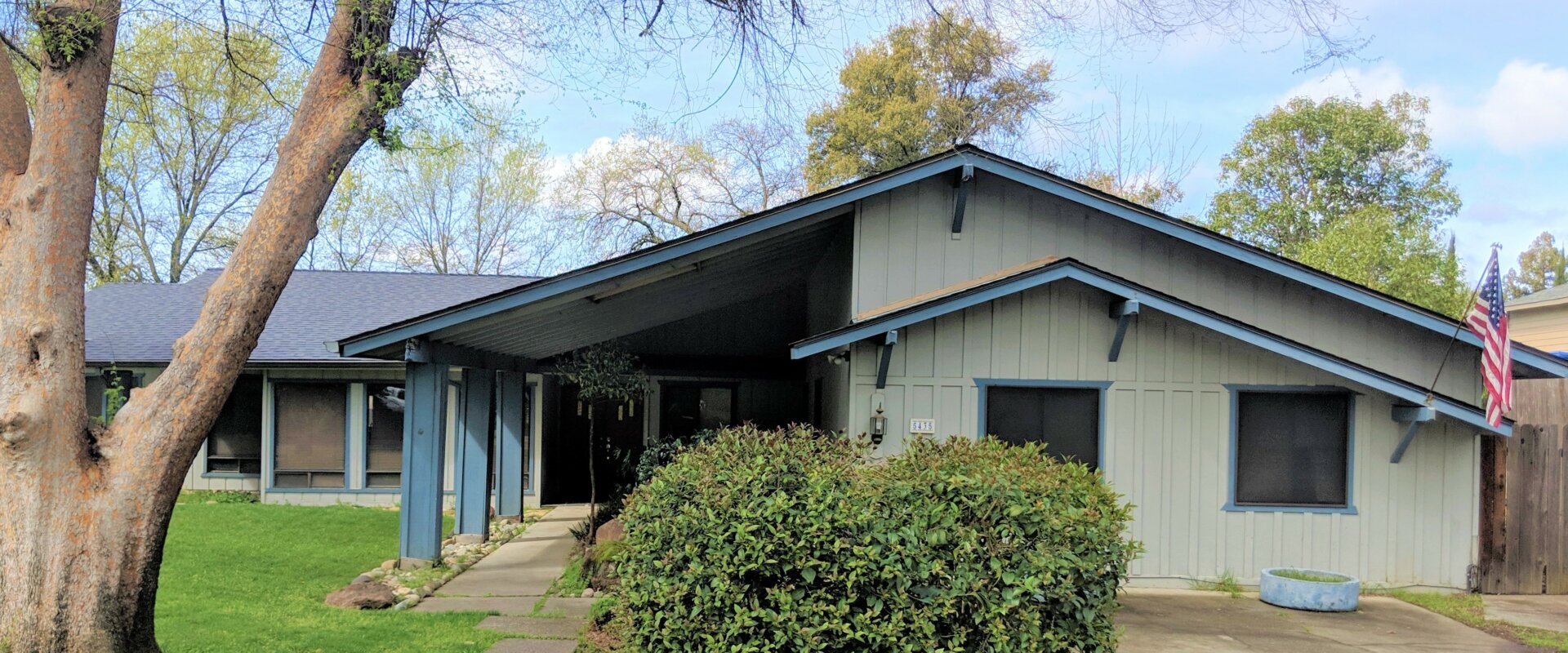HOAs are common in California, and belonging to one has its advantages. But what about those horror stories you keep hearing about? Your cousin had to take down her red curtains because her HOA president didn’t like how they looked from the street. An HOA house — one that is a part of a neighborhood association — can be a blessing and a headache. Let’s break it down.
Here are some tips about what an HOA can and can’t do, why you might want to buy an HOA house, and how to decide if you want an HOA in your life.
What is an HOA?
An HOA is a Homeowner Association. In short, an HOA is a private association that makes a set of rules, often called CC&Rs (Covenants, Conditions, and Restrictions). Your HOA will also handle the collection of fees that go towards communal costs, such as landscaping and maintaining the community pool or laundry facilities. In a condo, they are also responsible for the maintenance of your building, while you remain responsible for the interior of your unit. HOAs have a board of directors, which may or may not be made up of people who live in the homes governed by the association.
What Can an HOA Do For You?
Despite their sometimes negative reputation, having an HOA can become helpful in a number of situations. Here are a few scenarios where an HOA can work in your benefit:
- If you get into a dispute with a neighbor. Is your next door neighbor’s tree growing over your property line? Does the house across the street have band practice three times a week? Your HOA can let you know what your rights are in terms of property lines and noise ordinances and may intervene to correct the situation.
- If there are community-level infrastructure problems. If you have plumbing issues in a condo, the HOA will step in to handle it since pipes are inside the walls of the unit. Similarly, in single-family home neighborhoods, an HOA may help with the need for a stop sign or pot hole fix.
- If you don’t want a community with amenities. If you want a home in a community with tennis courts, a pool, and other goodies — an HOA will likely be attached. This helps make sure the amenities are within code, maintained properly, and that you have a governing body who can make decisions about them.
What are the Potential Pitfalls of an HOA?
Even though an HOA can come in handy for maintenance and overall governance of your community, there are some potential downsides. Here are a few potential dislikes you’ll discover about having an HOA house.
- You may not like all of the rules. Some HOA rules are basic and understandable, like “No throwing a bonfire on your front lawn” and some may be tedious “No fake ivy on your balcony.” It all depends on your exact HOA. If you want to live in a property attached to an HOA, you have to accept the entire CC&R packet — no cherry picking.
- You may have steep fees. Depending on the number of amenities and services in your community, you could pay under $200 per month for your HOA or well over $400. Depending on where you live, this can approach the better part of a second mortgage payment.
- You might have neighbors who abuse the privileges. Just because you can complain to the HOA doesn’t mean you have to, but nobody told Nancy on the corner. You could end up with nosy neighbors who want to report you for every piece of art in your window.
How to Decide
Ultimately, the decision comes down to whether you will get your money’s worth from an HOA. Will you use the pool every summer and enjoy being free of landscaping obligations? Or will you throw hundreds of dollars a month toward an association that doesn’t do much for you? Read the fine print before you sign on any dotted lines.
Have more questions about HOAs or are you trying to get out of a house with one? Call California Family Homebuyers today to see if we can help you move fast with an all-cash offer in Sacramento.

